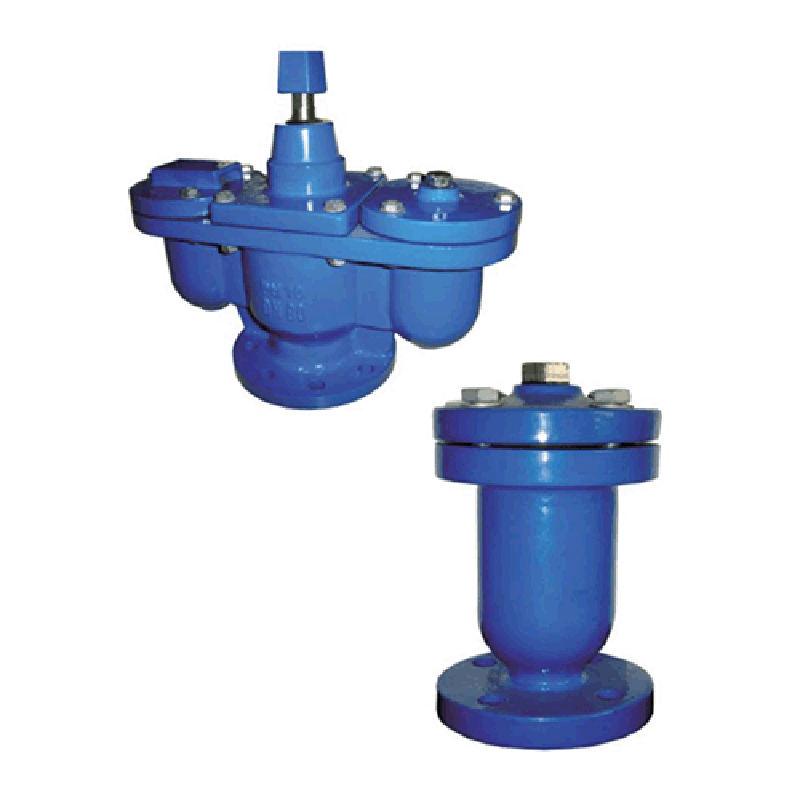Sep . 02, 2024 09:31 Back to list
check valve manufacturers
Understanding Check Valve Manufacturers and Their Importance in Fluid Systems
Check valves are essential components in various fluid systems, ensuring the efficient and safe flow of liquids and gases. They are designed to allow fluid to flow in one direction while preventing backflow, which can lead to system failures, contamination, and inefficiencies. The importance of check valves makes the role of manufacturers critical in industries ranging from plumbing and HVAC to oil and gas and chemical processing.
Check valve manufacturers are tasked with producing high-quality, reliable valves that meet the specific needs of various applications. These manufacturers often focus on several key factors that influence the performance and reliability of their check valves, including material selection, design, and testing procedures.
Material Selection
One of the primary considerations for check valve manufacturers is the selection of materials. The materials used must be compatible with the fluids they will handle, resisting corrosion, wear, and degradation over time. Common materials include stainless steel, brass, plastic, and cast iron. Each material brings distinct advantages and may be preferred for different applications. For example, stainless steel is favored in highly corrosive environments, whereas PVC or other plastics may be more suitable for less demanding tasks.
Design Variations
check valve manufacturers

There are several types of check valves, each designed for specific applications. The most common types include swing check valves, lift check valves, and ball check valves. Swing check valves use a disc that swings on a hinge, allowing fluid to pass in one direction but closing when flow reverses. Lift check valves employ a moving disc that lifts off its seat to permit flow. Ball check valves use a spherical ball that seals the flow when backpressure is present.
Manufacturers not only produce various designs but also innovate to enhance performance. For instance, advanced manufacturing processes allow for the creation of check valves with lower pressure drops and improved resistance to wear, which is critical for reducing operational costs in industrial applications.
Quality Control and Testing
Quality assurance is fundamental in the production process for check valve manufacturers. Rigorous testing protocols are implemented to ensure that each valve meets regulatory and safety standards. Manufacturers typically conduct hydrostatic, pneumatic, and functional tests to check for leaks, durability, and proper operation under various conditions. Compliance with international standards like ISO and ANSI is crucial, as it assures customers of the reliability and safety of the valves used in their systems.
Conclusion
In conclusion, check valve manufacturers play a pivotal role in the functionality and safety of fluid transport systems. Their focus on material selection, design innovations, and rigorous testing helps ensure that check valves perform effectively in demanding environments. As industries continue to evolve with advancements in technology and increasing regulatory requirements, the role of these manufacturers will be ever more critical in providing reliable solutions that enhance system performance and safety. By understanding the functions and importance of check valves, businesses can make informed decisions about their fluid handling systems and select the best products for their needs.
Share
-
Reliable Wafer Type Butterfly Valves for Every IndustryNewsJul.25,2025
-
Reliable Flow Control Begins with the Right Ball Check ValveNewsJul.25,2025
-
Precision Flow Control Starts with Quality ValvesNewsJul.25,2025
-
Industrial Flow Control ReliabilityNewsJul.25,2025
-
Engineered for Efficiency Gate Valves That Power Industrial PerformanceNewsJul.25,2025
-
Empowering Infrastructure Through Quality ManufacturingNewsJul.25,2025